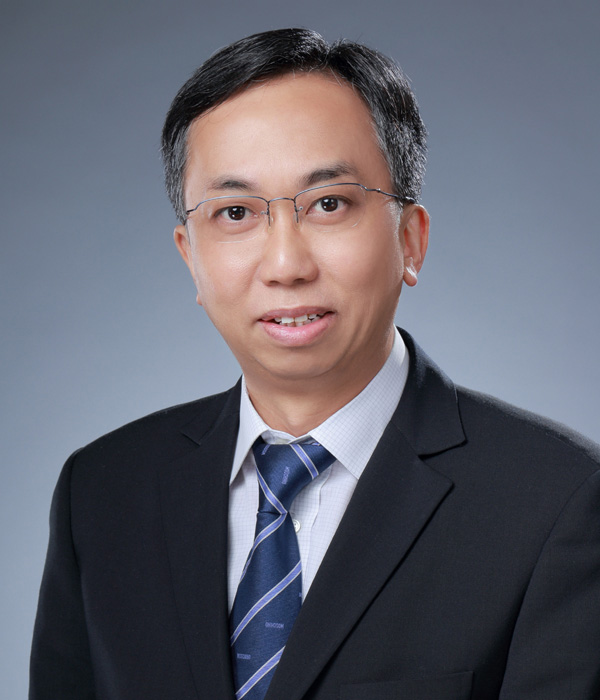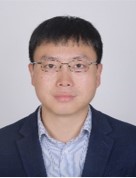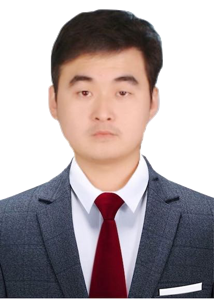
Dr. Simon K.S. Cheung obtained his BSc and PhD in Computer Science from City University of Hong Kong, and his Master of Public Administration from University of Hong Kong. He has been admitted as a Fellow of leading professional institutions, including Institution of Engineering and Technology, Institute of Mathematics and its Applications, British Computer Society, Hong Kong Institution of Engineers, and Hong Kong Computer Society. Dr. Cheung is currently the Director of IT in Hong Kong Metropolitan University, overseeing the university IT services for teaching, learning, research and administration. He has been working in the higher education sector (with Hong Kong Metropolitan University, University of Hong Kong, Hong Kong Baptist University, and Chinese University of Hong Kong) for over 30 years in various administrative capacities, mainly in IT, while also assuming academic duties such as course development, teaching and research. Dr. Cheung is active in research, with over 200 publications in the form of books, book chapters, journal articles and conference papers, and has been serving in the advisory board and editorial board for international journals. He received the Outstanding Research Publication Award from Hong Kong Metropolitan University, Achievement in Computer Science and IT (1st class) from Shenzhen Science and Technology Association, Outstanding CIO Award from Hong Kong IT Joint Council, and Honouree for IT Excellence, CIO Award from the CIO Asia. |
Prof. Simon K.S. Cheung IET Fellow, IMA Fellow, BCS Fellow, HKIE Fellow, HKCS Fellow Hong Kong Metropolitan University |
Speech title: From Marked Graphs to Proper Augmented Marked Graphs: The Dining Philosopher Problem Revisited for Analysis of Conflicting Processes | |
| Abstract: Concurrent process control is essentially required in distributed systems to ensure the systems’ liveness (free of deadlock) and boundedness (absence from capacity overflow). Competing for some shared resources and with limitations on capacity, concurrent conflicting processes are easily prone to erroneous situations such as deadlock and capacity overflow, which cannot be effectively identified without formal and mathematically sound techniques. This keynote discusses how property-preserving composition of processes can be effectively applied to the analysis of concurrent conflicting processes, where these processes are formally represented as marked graphs and composed via their common resource places. The underlying theories pertaining to marked graphs and proper augmented marked graphs are essentially applied, and illustrated with the Dining Philosophers problem. | |
Shancheng Zhao received the bachelor's degree in software engineering and Ph.D. degree in communication and information systems from Sun Yat-sen University, Guangzhou, China, in 2009 and 2014, respectively. From 2013 to 2014, he was a Graduate Visiting Student with the University of California at Los Angeles, Los Angeles, CA, USA. He is currently a Professor with the College of Information Science and Technology, Jinan University, Guangzhou. His current research interests include spatially coupled codes and their applications. He was a co-recipient of the Best Paper Award at the IEEE GlobeCom in 2015 and the 2021 Natural Science Award of the Chinese Institute of Electronics. He serves as an Associate Editors for IET Quantum Communication, Physical Communication (Elsevier), and Alexandria Engineering Journal. |
Professor Shancheng Zhao Jinan University, China |
Speech Title: The Generalized Integrated Interleaved Zipper Codes | |
| Abstract: In this talk, we present a class of spatially coupled product-like codes designed for high-throughput optical communications. We first review the evolution of the coding schemes for optical communications. We then introduce the Generalized Integrated Interleaved Zipper Codes (GII-Zipper codes) along with an anchor decoding scheme. We also analyze the minimum-sized stall patterns of GII-Zipper codes. We finally present extensive simulation results to show the performance advantages of the GII-Zipper codes. | |
Prof. Congduan Li IEEE Member Sun Yat-sen University, China | Congduan Li (Member, IEEE) received the B.S. degree from the University of Science and Technology Beijing, China, in 2008, the M.S. degree from Northern Arizona University, AZ, USA, in 2011, and the Ph.D. degree from Drexel University, PA, USA, in 2015, respectively, all in Electrical Engineering. From October 2015 to August 2018, he was a Post-Doctoral Research Fellow with the Institute of Network Coding, The Chinese University of Hong Kong and with the Department of Computer Science, City University of Hong Kong. He is currently an Associate Professor with the School of Electronics and Communication Engineering, Sun Yat-sen University, China. His research interests lie in the broad areas related with networks, such as coding, security, wireless, storage, and caching. |


